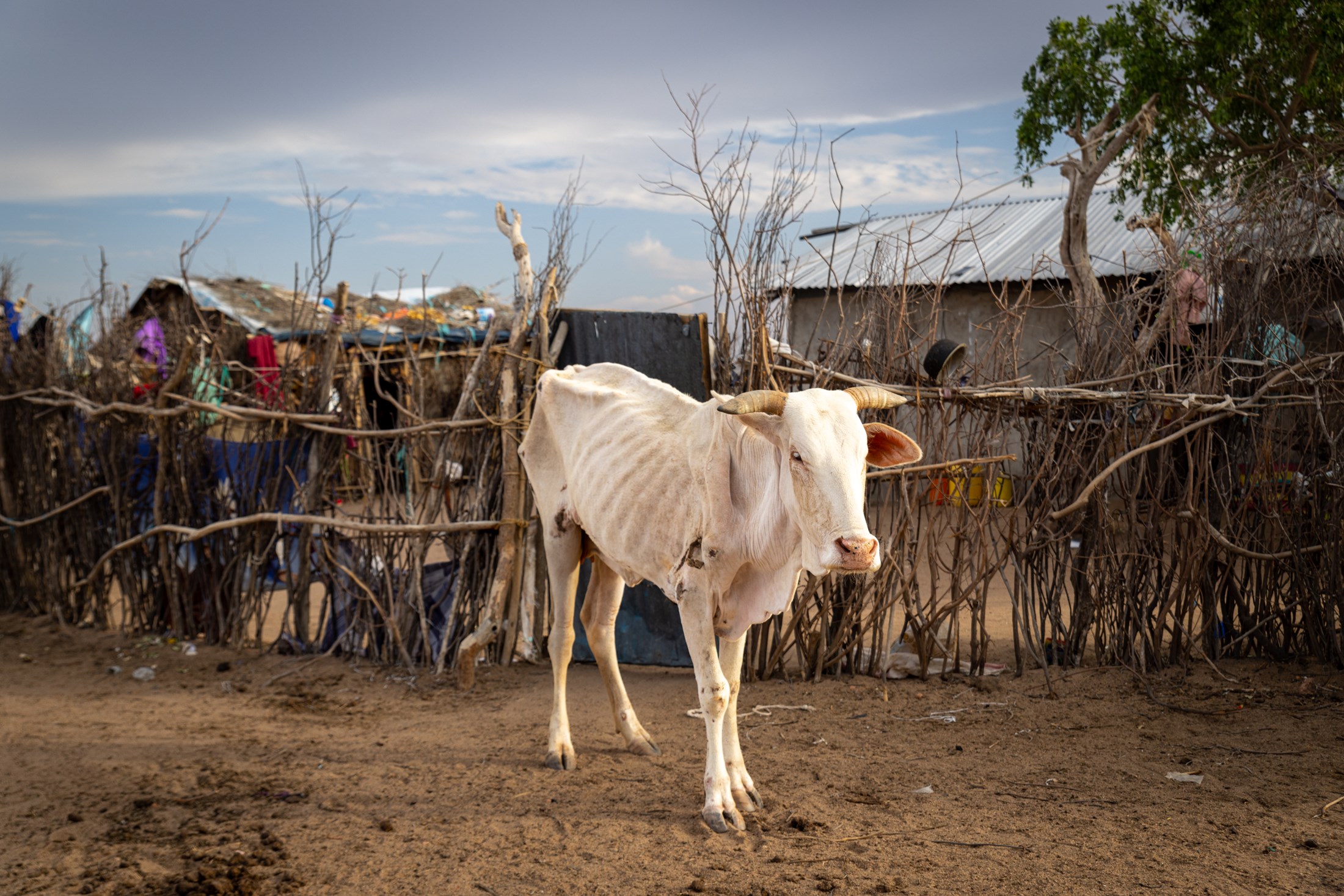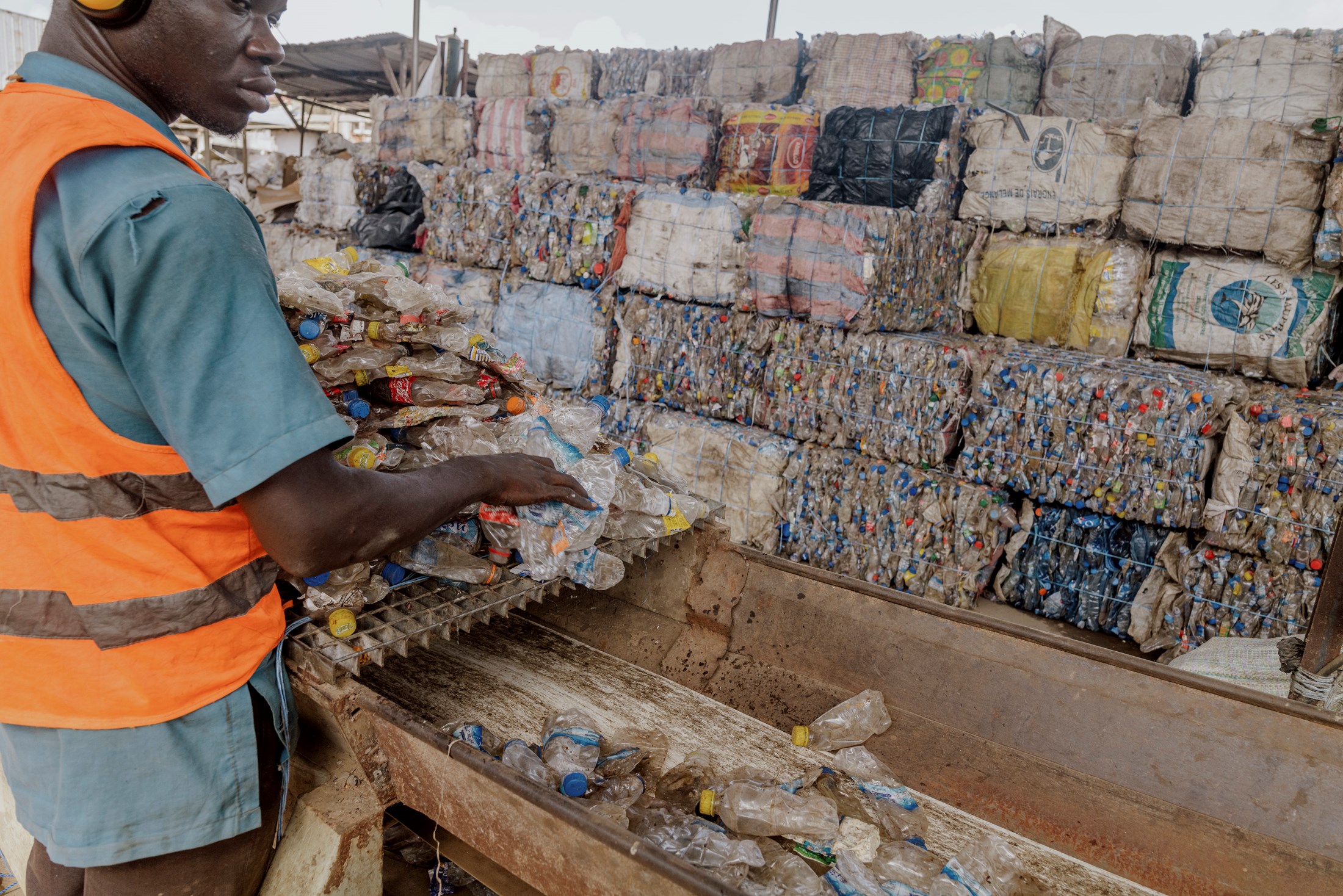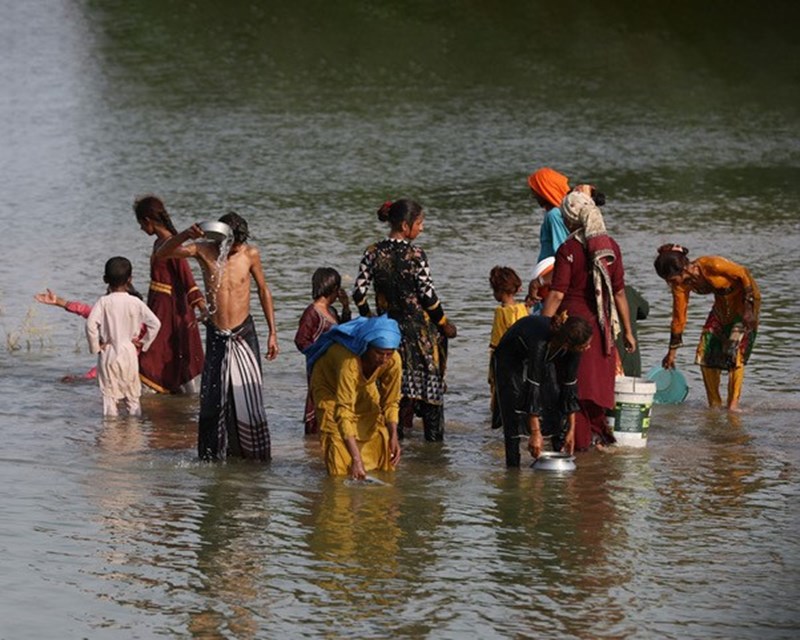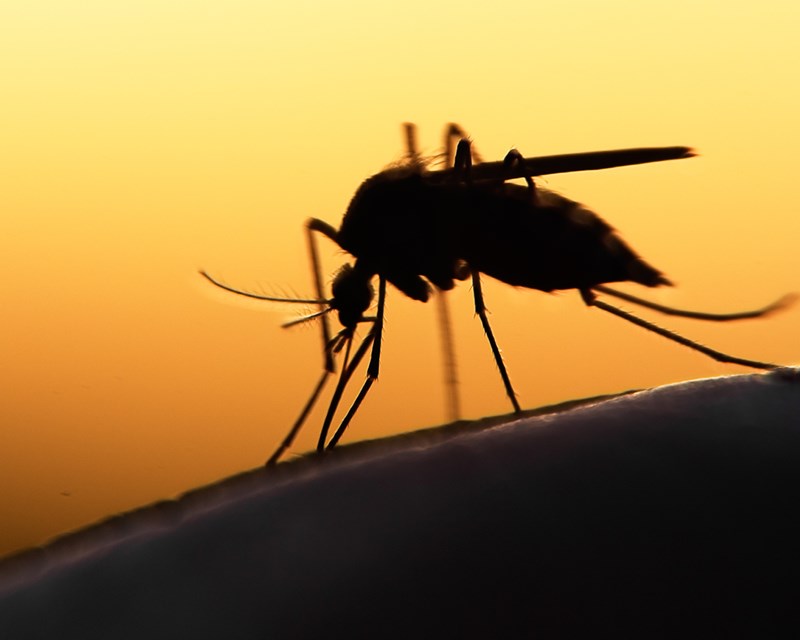I want to talk about three underfunded areas where philanthropists can put their money, their efforts, and their partnership capabilities. Areas that will dampen the triple planetary crisis. And in so doing, deliver huge sustainable development benefits.
- The Kunming-Montreal Global Biodiversity Framework (GBF)
In the GBF, the world committed to: halt and reverse biodiversity loss; protect 30 percent of the terrestrial and marine environment; put 30 percent of land and marine areas under restoration by 2030; reduce nutrients introduced into the environment; and reduce the risk from pesticides and hazardous chemicals, tackle invasive species and more.
Meeting these targets will require real and predictable funding – as recognised in the goal to mobilise US$ 30 billion to developing countries per year by 2030. This financing must pour into many areas to meet the targets, so that governments have the means of implementation the GBF calls for.
The GBF Fund was launched at the Global Environment Facility Assembly in August 2023 with initial contributions from Canada and the UK. We need to start filling up this fund urgently so that implementation can being in earnest.
- Implementing a global deal to end plastic pollution
Plastic pollution has become pervasive and pernicious. Millions of tonnes of plastic pollution enter marine environments each year. Harmful chemicals are posing threats to health. And the linear plastics economy is warming the climate through the emissions it generates.
The good news is that we have the zero draft of a deal to end plastic pollution on the table. Negotiators will start thrashing out the details in Nairobi in November this year, with a view to agreeing the deal in 2024.
The zero draft has all the elements needed to end plastic pollution and deliver a cleaner environment, decent jobs, and real business opportunities. These include: eliminating problematic and avoidable plastic products; redesigning products and packaging to use less plastic and to be more easily reused, refilled, repaired, repurposed, and recycled; switching to safe alternatives; strengthening systems for environmentally sound waste management and disposal.
I am calling on negotiators to set ambitious targets and timelines. I am calling on the private sector to start innovating, now, to design out plastics and harmful chemicals. And I am calling for the financing that will be needed to deliver the deal.
Governments and the plastics industry should lead. But there will be gaps. We need solidarity, support, and funding for a just transition that puts people such as waste-pickers at the centre. We need investments in solid waste management. And, of course, we need investments to clean up the legacy pollution that will wash up on our coastlines for decades to come.
- Adapting to climate change
As I said, climate change is with already with us. Barely a day goes by without some climate change-linked event claiming lives, destroying property, and devastating livelihoods.
The world must act now on adaptation. It can do this by: leaning heavily on nature; harnessing traditional knowledge; restoring and managing ecosystems; reforming food systems to protect livelihoods and food security; prioritizing early warnings and preparedness; and climate-proofing cities and infrastructure.
We should look hard at projects that both build resilience to climate change and reduce greenhouse gas emissions. Nature-based solutions such as restoring coastal ecosystems are particularly effective, as they sequester carbon and provide all manner of adaptation services, such as protection against extreme weather.
To achieve this, we are going to need over US$300bn per year by 2030. The funding gap is huge: international adaptation finance flows to developing countries are five to ten times below estimated needs and growing. This finance must come from various sources, including philanthropy, and be directed appropriately through international and national frameworks.







